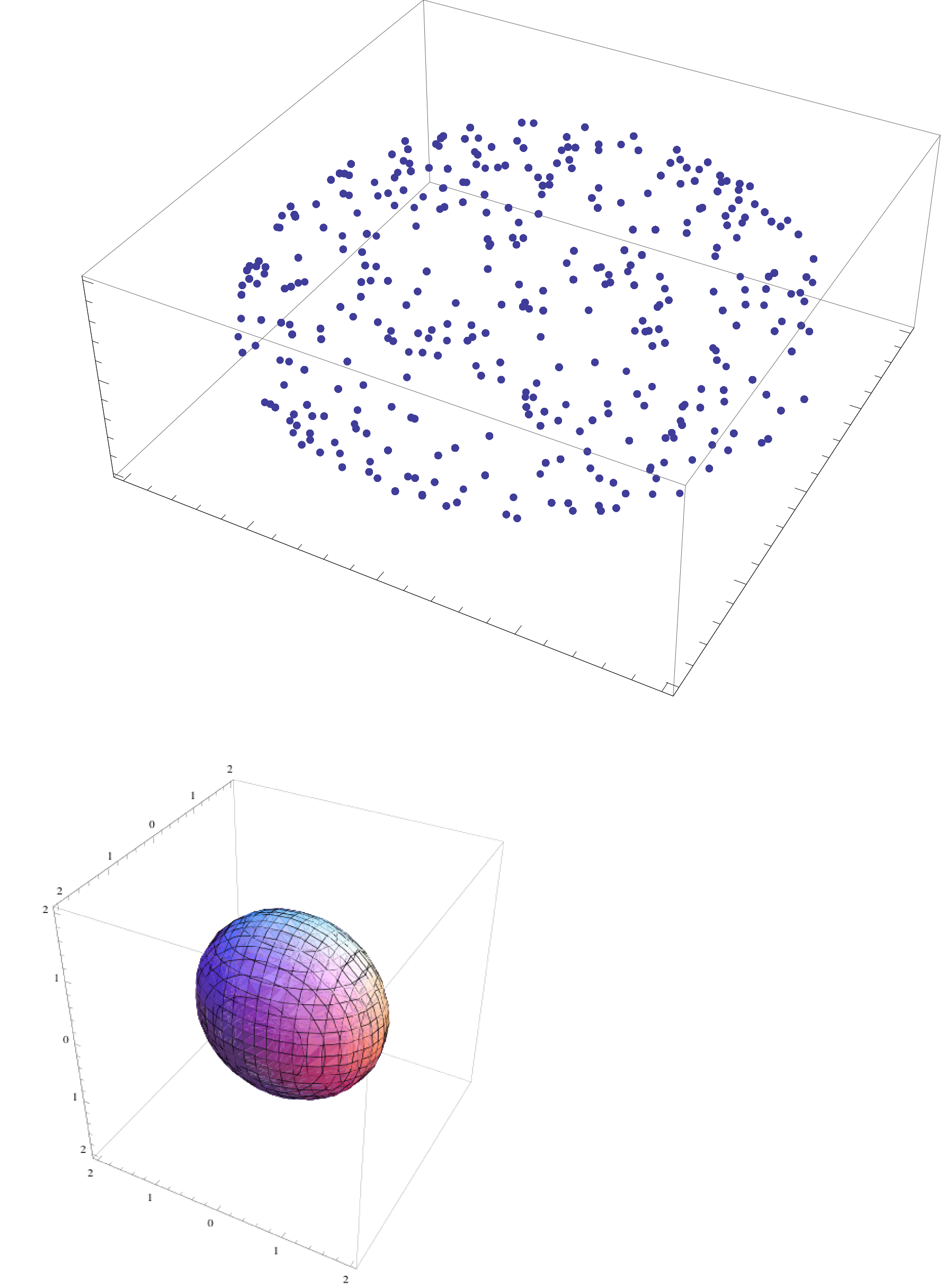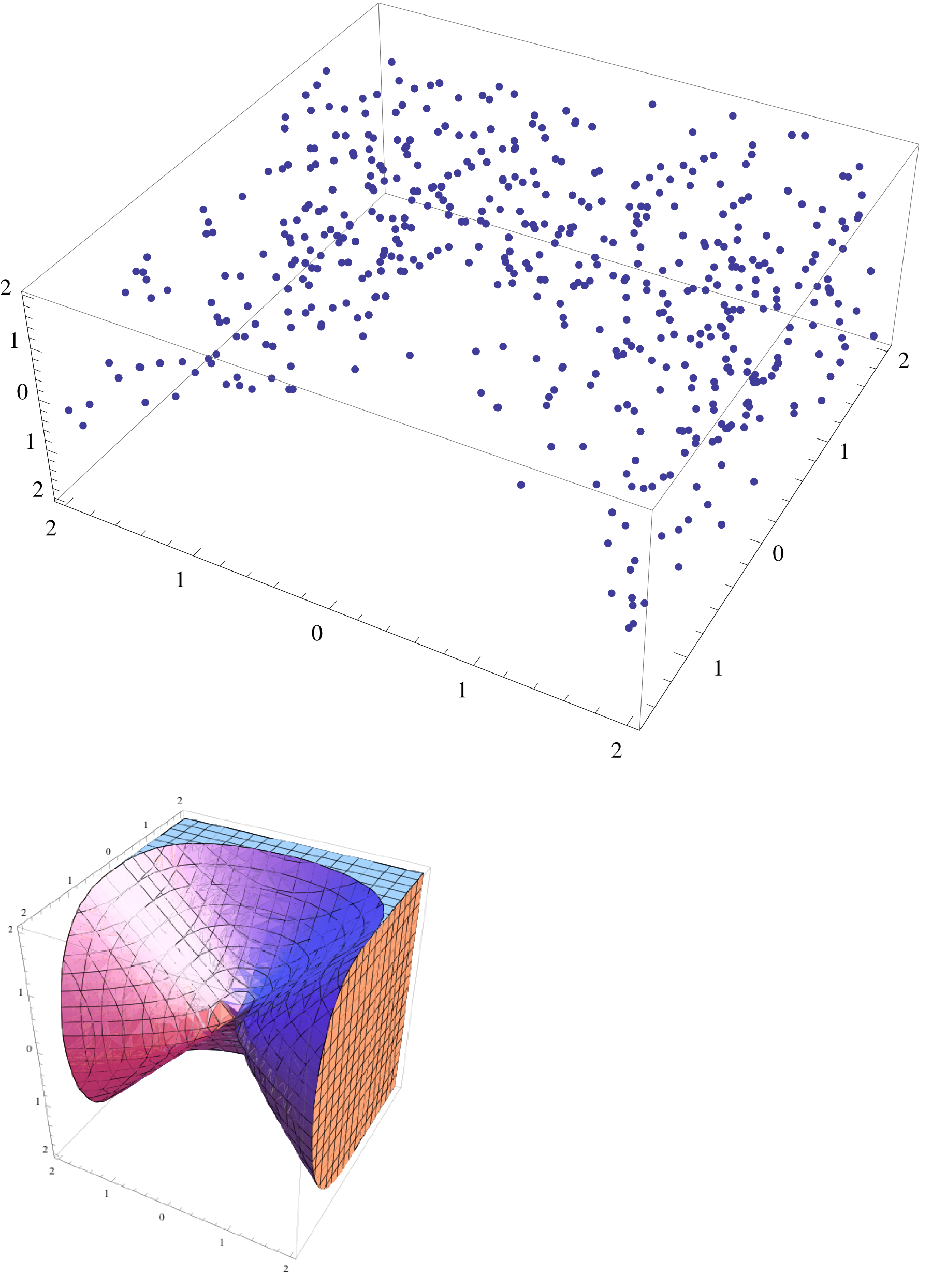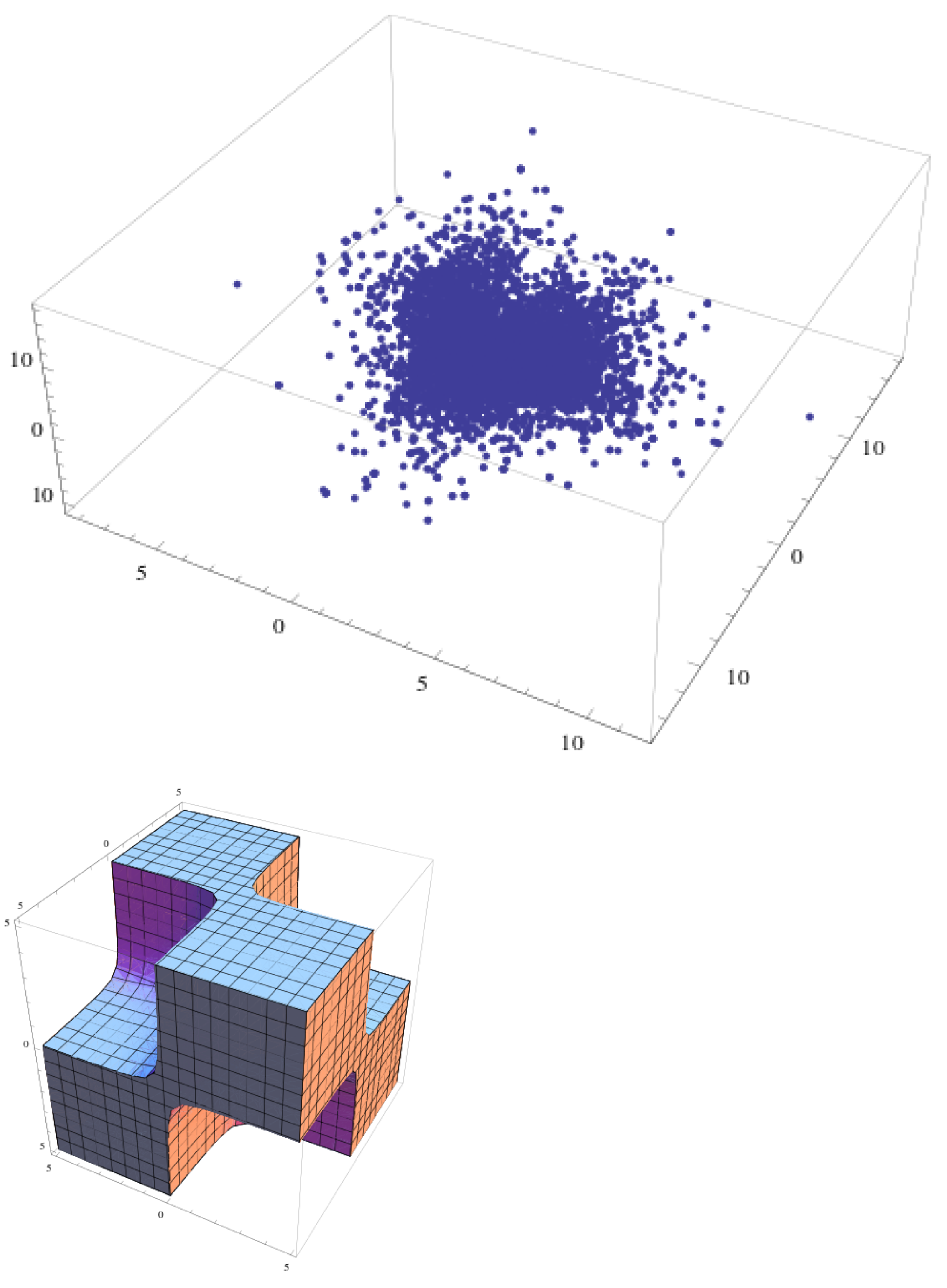J Jara-Ettinger, L Schulz, JB Tenenbaum (2015).
Zenna Tavares
Computer Assisted Programming Group (PI: Armando Solar Lezama)
Department of Brain and Cognitive Sciences
CSAIL
JuliaCon 6/25/2015
What is Probabilistic Programming?
Example: Inverse Planning
Parameter Estimation
Infer rate parameter of exponential distribution
Conditional Samples
prior

posterior

Inference Queries
Conditional sampling with rand
λ = uniform(0,2) x1 = exponential(λ) x2 = exponential(λ) x3 = exponential(λ) observations = (x1 == 0.083) & (x2 == 0.55) & (x3 == 2.37) rand(λ, observations, 100)
Conditional Sampling is Not Easy
probability of observation == true becomes vanishingly small
dream

reality

Random Variables are not Random!
They are functions
λ = uniform(0,2)
typeof(λ) => RandVar{Float64}
function λ(ω) = ω * 2 end # input ω ∈ [0, 1]
λ(0.1) => 0.2 # x is just a function
λ = randunif() λ(ω) => 0.6923295214 # to sample: call with uniformly sampled input
Pointwise Random Variable Algebra
Pointwise Random Variable Algebra
a = exponential(0.5); b = exponential(0.5)
c = a + b
typeof(c) => RandVar{Float64}
rand(c, 5) => [3.425, 2.990, 9.670, 0.45759, 3.6357]
d = c + 100
typeof(d) => RandVar{Float64}
rand(d, 5) => [104.883, 103.50, 100.50, 100.485, 100.549]
e = exponential(d)
typeof(e) => RandVar{Float64}
rand(e, 5) => [0.020, 0.0043, 0.00108, 0.0041, 0.0052]
Single Sample Space
Random Variables are dependent through \(\Omega\) (Euclidean unit cube)
Single Sample Space
Random Variables are dependent through \(\Omega\) (Euclidean unit cube)
Single Sample Space
Random Variables are dependent through \(\Omega\) (Euclidean unit cube)
Complete Example using Random Arrays
are arrays of RandVars
rand(X::RandVar{T}, Y::RandVar{Bool}, n::Integer) = ...
type RandArray{T,N} <: DenseArray{RandVar{T},N} ...
λ = uniform(0,2) x = mvexponential(λ, 3) observations = x == [0.083, 0.55, 2.37] rand(x, observations, 100)
Demo
Under The Hood
Conditional Inference by Constraint Solving
Single Sample Space
Random Variables are dependent through \(\Omega\) (Euclidean unit cube)
Conditional Sampling is Easy
Guess (probabilistically) and check until condition is satisfied
function rand(X::RandVar, Y::RandVar{Bool})
while true
ω = rand_unif_vector()
if Y(ω)
return X(ω)
end
end
end
Conditional Sampling is Easy
Guess (probabilistically) and check until condition is satisfied
function rand(X::RandVar, Y::RandVar{Bool})
while true
ω = rand_unif_vector()
if Y(ω)
return X(ω)
end
end
end
Conditional Sampling is Not Easy
probability Y(ω) == true becomes vanishingly small
dream

reality

Consider sets instead of single points
and let an Oracle (constraint solver) do the hard work
$$
\mathcal{O}_Y(A) = \left\{
\begin{array}{lr}
T & : A \subseteq Y\\
F & : A \cap Y = \varnothing\\
TF & : Otherwise\\
\end{array}
\right.
$$
Play a game with the Oracle
Split and randomly choose one side
δ-Relaxation
Make thin lines thick - (S Gao, J Avidad, EM Clarke - 2012)
\(Y=X\)

\(Y-X<\delta\)

Example: Geometric Sampling
Sample from surface/interior of geometric objects



Sigma and Julia
The Good
- simplicity: model-algorithm separated
- type hierarchy: use RandVars in existing code
- runtime compilation
The Ugly
- types: RandVar{Float64} <: FloatingPoint ?
- control flow breaks things: if, while, for, &, |, ...
Conclusion
What is Probabilistic Programming?
- Bayesian and Conditional Inference are same-same but different
- Sigma is requires complete model - no black boxes
- One algorithm to rule them all?
Do we need new languages?
- Not really, no
- Maybe... Uncertain type Inference? Probabilistic parsing?
Thank You!
Contributors Welcome! - https://github.com/zenna/Sigma.jl